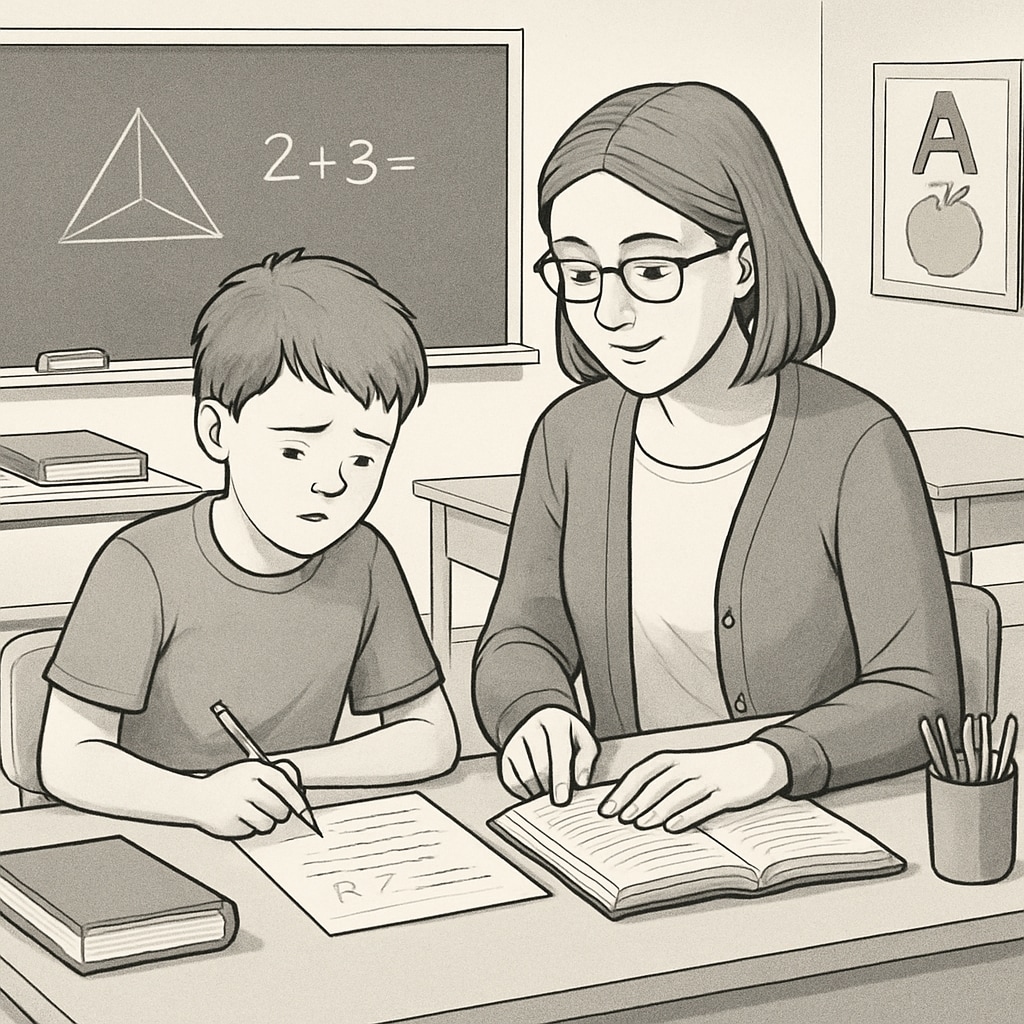Pursuing a medical career is no small feat—it requires years of rigorous study, unwavering commitment, and the ability to navigate a high-pressure educational landscape. For individuals with learning disabilities, the road to achieving this goal is fraught with additional challenges. These aspiring doctors often find themselves grappling with the limitations of traditional education systems, which are rarely designed to accommodate non-standard learning needs. As a result, their journey is marked by a unique blend of educational barriers, psychological struggles, and the relentless pursuit of their medical dreams.
The Challenges of Learning Disabilities in a High-Pressure Educational System
Learning disabilities, such as dyslexia, ADHD (Attention Deficit Hyperactivity Disorder), or dyscalculia, affect an individual’s ability to process and retain information in conventional ways. In high-pressure education systems, like those that prepare students for medical careers, these challenges can feel insurmountable. For example, medical programs often emphasize standardized testing, rapid memorization, and strict timelines—structures that inherently disadvantage students with learning disabilities.
Additionally, the stigma surrounding learning disabilities can exacerbate the problem. Many students hesitate to disclose their challenges due to fear of judgment or being perceived as less capable. Without proper accommodations, such as extended test times or alternative learning materials, these students may struggle to showcase their true potential.

Breaking the Stigma: Advocating for Inclusive Education
Creating an inclusive educational environment is crucial for leveling the playing field for all students, including those with learning disabilities. Medical schools and institutions must recognize that intelligence and capability are not one-size-fits-all. By implementing specific strategies, these institutions can better support aspiring doctors with learning disabilities:
- Accommodations: Offer extended test times, alternative assessment methods, and access to assistive technologies.
- Specialized Support: Provide access to learning coaches and counselors trained to address the unique needs of students with learning disabilities.
- Flexibility: Allow for modified timelines or curriculum pacing to ensure students can learn at their own speed without compromising their education quality.
Moreover, fostering a culture of understanding and acceptance is equally important. Educators, peers, and administrative staff should receive training to recognize and support learning disabilities, reducing stigma and promoting empathy.

Psychological Resilience: The Key to Overcoming Barriers
Beyond academic adjustments, the psychological resilience of individuals with learning disabilities plays a pivotal role in their success. The journey to a medical career is mentally demanding for everyone, but it is especially so for those facing additional hurdles. Building resilience can help students navigate setbacks and maintain their motivation.
Here are some strategies that can help:
- Mindfulness Practices: Techniques like meditation or journaling can reduce stress and improve focus.
- Mentorship: Partnering with mentors who have faced similar challenges can provide guidance and inspiration.
- Goal Setting: Breaking down long-term ambitions into smaller, manageable steps can make progress feel more achievable.
In addition, seeking professional psychological support when needed should be normalized. Therapy or counseling can provide essential coping tools and emotional support.
Looking Ahead: A Call for Systemic Change
Achieving systemic change in education is complex, but it is necessary to ensure that no aspiring doctor is left behind due to a learning disability. Institutions must transition from a one-size-fits-all model to one that embraces diversity in learning styles and abilities. This evolution requires collaboration among educators, policymakers, and students themselves.
For aspiring doctors with learning disabilities, the journey may be more challenging, but it is by no means impossible. With the right support systems, inclusive policies, and personal resilience, they can overcome barriers and contribute their unique perspectives to the medical field. After all, diversity in thought and experience ultimately enriches patient care and advances the healthcare profession as a whole.
As society continues to evolve, so too must our educational systems. By addressing the needs of all learners, we can create a future where every aspiring doctor—regardless of their learning challenges—has the opportunity to achieve their dreams and make a meaningful impact on the world.
Readability guidance: Short paragraphs and lists summarize key points; active voice is prioritized; transition words are used to connect ideas seamlessly.


